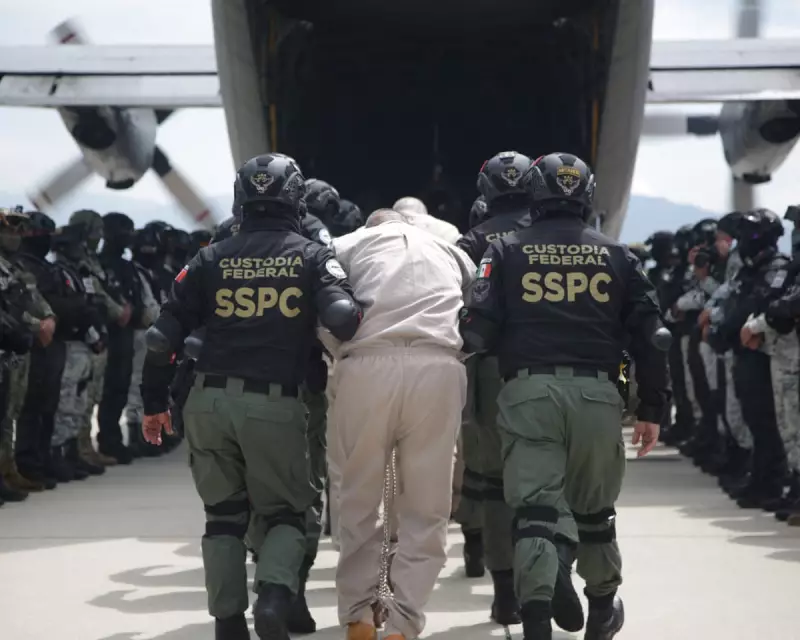
Mexican President Claudia Sheinbaum has ignited a political firestorm after her government declined to extradite a high-profile cartel leader to the United States. The decision has drawn sharp criticism from both domestic and international observers, who argue it undermines efforts to combat organised crime.
A Controversial Stand
Sheinbaum's administration cited sovereignty concerns as the primary reason for blocking the extradition, claiming Mexico's judicial system is capable of handling the case. However, critics point to the nation's historically weak conviction rates for drug lords as evidence this may be an empty promise.
International Repercussions
The US State Department expressed "profound disappointment" with the decision, while security analysts warn this could strain bilateral cooperation on drug enforcement. "This sets a dangerous precedent," noted one senior DEA official speaking on condition of anonymity.
Domestic Fallout
Opposition parties have seized on the controversy, accusing Sheinbaum of being soft on crime ahead of crucial midterm elections. Meanwhile, human rights groups remain divided - some applauding the move as anti-imperialist, others fearing it empowers violent cartels.
The case continues to dominate Mexican headlines, with many citizens expressing frustration at what they see as political posturing at the expense of public safety.





